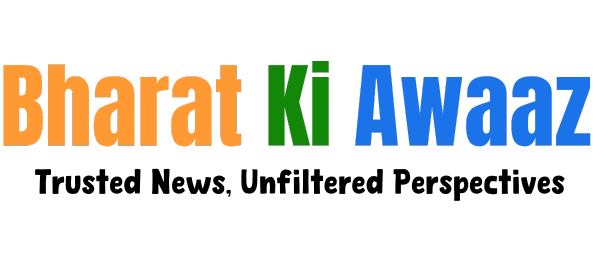On Tuesday, the Maharashtra Cyber Cell registered a case against the popular YouTube reality show India’s Got Latent amid growing public outrage over controversial remarks made during one of its episodes. This post provides a detailed analysis of the incident, the legal action initiated under the IT Act, and the broader implications for digital content creators in India.
Overview of the Incident
The controversy erupted when influential content creator Ranveer Allahbadia, who appeared on the show hosted by comedian Samay Raina, made remarks that many deemed offensive. In response, authorities filed a case against approximately 30 to 40 individuals involved with the show—from its very first episode through episode six. Additionally, the Cyber Cell has demanded the removal of all 18 episodes from YouTube, arguing that the content contains vulgar and obscene language that undermines societal norms.
Key Details of the Case
Registration of the FIR
The Maharashtra Cyber Department swiftly registered a First Information Report (FIR) under the relevant sections of the Information Technology Act. Notices have been sent to all involved parties, and they are expected to be summoned for questioning as the investigation proceeds.
Allegations and Contentious Remarks
A viral clip featuring Ranveer Allahbadia’s offhand remark ignited the controversy. Critics claim that the comment crossed the boundaries of acceptable humor and contributed to a culture of disrespect, especially towards women. An internal investigation revealed that several participants—including judges and guests—used language that was both vulgar and obscene throughout the episodes.
Demand for Content Removal
Alongside the FIR, the Cyber Department has formally requested YouTube to remove all 18 episodes of India’s Got Latent. Authorities argue that the show’s content violates norms under the IT Act and has incited public outrage.
Legal and Regulatory Framework
The IT Act and Its Provisions
The Information Technology Act is India’s primary legal framework for digital communications and online content. Its provisions allow for strict penalties against content deemed obscene or harmful to public order. In this case, the Cyber Department has invoked these provisions to launch a comprehensive investigation and take action against all individuals involved.
Role of the National Commission for Women (NCW)
In light of the offensive remarks, the National Commission for Women (NCW) has also stepped in. The NCW has issued summons to key figures—such as Ranveer Allahbadia and Samay Raina—over the derogatory nature of their comments. A hearing is scheduled for February 17, 2025, at the NCW office in New Delhi, underscoring its commitment to safeguarding the dignity of women in digital spaces.
Reactions from Influencers and Industry Stakeholders
Following the backlash, Ranveer Allahbadia issued a public apology in which he admitted to a lapse in judgment and expressed regret over his words. While reactions have been mixed, his apology highlights the increasing accountability digital influencers face today.
Industry experts believe this case may set a precedent for stricter self-regulation among content creators. With digital platforms wielding significant influence, maintaining a balance between creative freedom and social responsibility has become paramount.
Broader Implications for Digital Regulation in India
Enhanced Regulatory Oversight
The proactive steps taken by the Maharashtra Cyber Cell signal a broader trend toward tighter regulatory oversight in the digital realm. Authorities are increasingly monitoring online content to prevent the spread of material that could incite unrest or offend community standards.
The Future of Digital Free Speech
This case also raises important questions about free speech in the digital age. While it is essential to protect individuals from harmful content, preserving creative expression remains equally important. The outcome of this case may influence future policies and set clear boundaries for acceptable online discourse.
Social Media Platforms and Self-Regulation
With regulatory bodies poised to enforce stringent measures, platforms like YouTube may need to bolster their content moderation processes. Enhanced self-regulation could ensure that creators are held accountable for their content while still fostering innovation and creativity.
A Forward-Looking Perspective
The legal action against India’s Got Latent marks a pivotal moment in the debate over digital content regulation in India. As the Maharashtra Cyber Cell and NCW intensify their scrutiny, influencers and content creators are reminded of the delicate balance between freedom of expression and social responsibility.
This case, steeped in legal, cultural, and social implications, is likely to set an important precedent for the future of online content in India. It serves as a call for digital creators to innovate responsibly while upholding values of respect and dignity. Stay tuned for further updates as the investigation unfolds and the legal process progresses.

